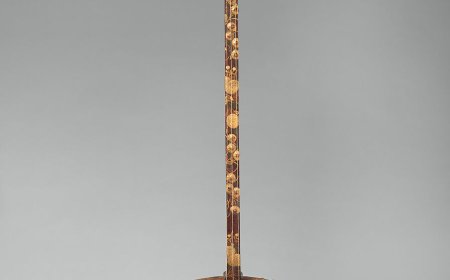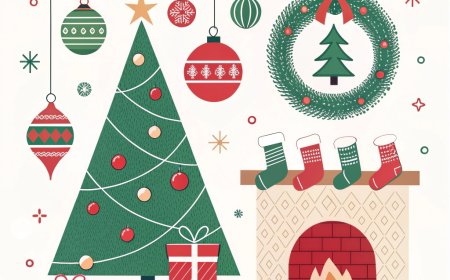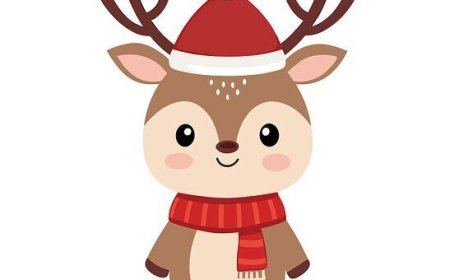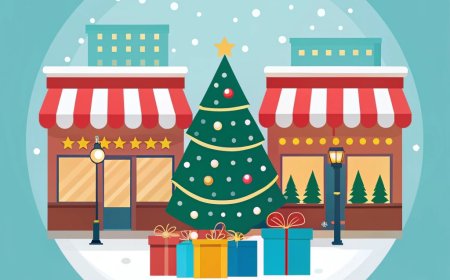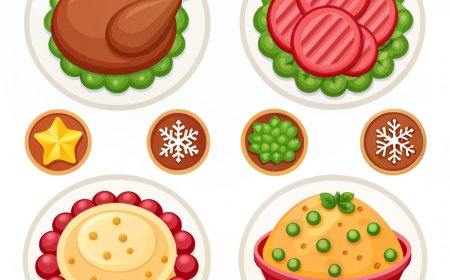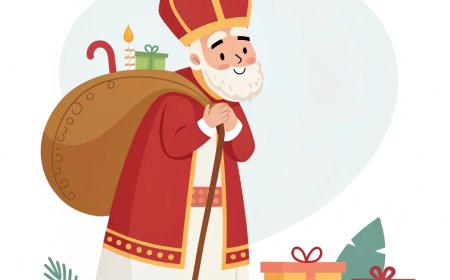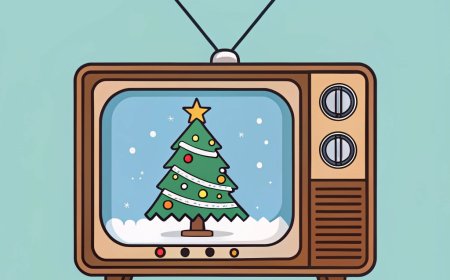Easter History Traditions and Fun Facts for Students
Learn the history traditions and fun facts of Easter in this student guide exploring its religious meaning spring symbols and worldwide celebrations
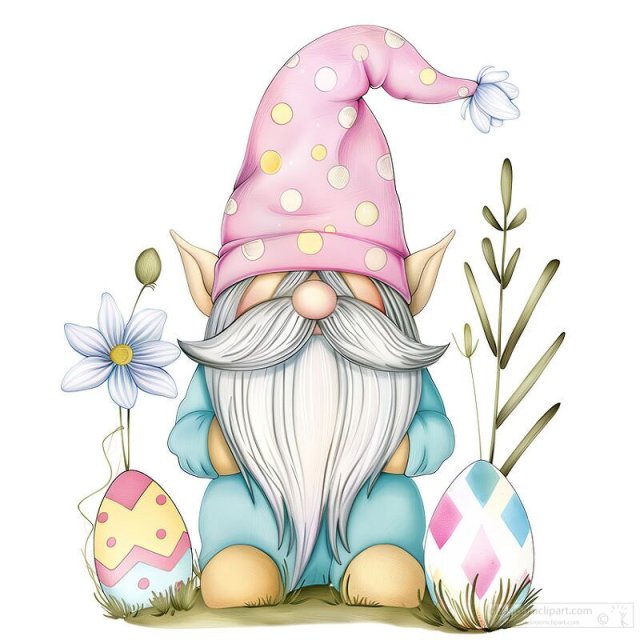
🌷 Introduction
Every spring, people around the world celebrate Easter with colorful eggs, joyful songs, and gatherings of family and friends. For Christians, Easter is the most important holiday of the year, marking the resurrection of Jesus Christ. For others, Easter has become a time to welcome spring, enjoy festive foods, and take part in fun activities like egg hunts and parades.
Easter blends religious traditions with ancient spring festivals, creating a holiday full of meaning, color, and joy. Whether it's celebrated with sunrise church services, baskets of chocolate, or simply time spent with loved ones, Easter is a reminder of hope, renewal, and new beginnings.
📜 History and Origins
Easter is a Christian holiday that celebrates the resurrection of Jesus Christ, described in the Bible as happening three days after his crucifixion. The exact date of Easter changes each year because it is based on the lunar calendar - it falls on the first Sunday after the first full moon of spring.
Before Christianity, many cultures held festivals at the start of spring to honor fertility, growth, and new life. Some Easter symbols, like eggs and rabbits, come from these older traditions. Over time, Christian and non-religious customs combined to form the Easter celebrations we know today.
🥚 Traditions and Customs
🐇 The Easter Bunny
A mythical rabbit who delivers eggs and treats to children, the Easter Bunny is thought to have come from German traditions brought to America in the 1700s.
🥚 Easter Eggs
Eggs are decorated, hidden, and hunted as symbols of new life. In some countries, eggs are dyed bright colors or painted with detailed designs.
⛪ Religious Services
Many Christians attend church on Easter Sunday, often at sunrise, to celebrate the resurrection of Jesus.
🍽️ Festive Foods
Traditional foods vary by country - hot cross buns in England, lamb in Greece, and sweet breads in Italy.
🌟 Symbols and Meanings
-
🐇 Bunny - Fertility and new life.
-
🥚 Egg - Birth, renewal, and hope.
-
🌷 Flowers - Spring and new beginnings.
-
✝️ Cross - The resurrection of Jesus Christ.
🌍 How It's Celebrated Today
In the United States, Easter often includes egg hunts, church services, and family meals. In Spain and the Philippines, Holy Week processions are held before Easter Sunday. In Australia, the Easter Bilby is promoted instead of the bunny to raise awareness about endangered animals. Across the world, people celebrate with a mix of faith, family, and fun.
💡 Fun Facts
-
🥚 The largest Easter egg ever made was over 25 feet tall and weighed more than 8,000 pounds.
-
🐇 In Switzerland, a cuckoo delivers Easter eggs instead of a bunny.
-
🍫 Over 90 million chocolate bunnies are produced each year for Easter in the U.S.
-
🌸 The White House has hosted an annual Easter Egg Roll since 1878.
📚 Vocabulary List
-
Resurrection - Coming back to life after death.
-
Fertility - The ability to produce new life.
-
Procession - A group moving together for a ceremony.
-
Lunar Calendar - Calendar based on the moon's phases.
-
Tradition - A custom passed down through generations.
-
Symbol - An object representing an idea or meaning.
-
Festival - A celebration or holiday.
-
Renewal - The process of becoming new again.
📝 Key Takeaways
-
Easter celebrates the resurrection of Jesus Christ for Christians.
-
It combines religious customs with older spring traditions.
-
Symbols like eggs, bunnies, and flowers represent life and renewal.
-
Traditions include egg hunts, church services, and special meals.
-
Easter is celebrated in unique ways across the globe.
🧠 Interactive Quiz
1. What does Easter celebrate for Christians?
A) The birth of Jesus
B) The resurrection of Jesus
C) The Last Supper
D) The arrival of spring
2. Why does the date of Easter change each year?
A) It follows the solar calendar
B) It follows the lunar calendar
C) It’s always the last Sunday in April
D) It’s decided by tradition
3. What animal is most commonly associated with Easter in the U.S.?
A) Lamb
B) Bunny
C) Chick
D) Dove
4. Which country uses a bilby instead of a bunny for Easter?
A) New Zealand
B) Canada
C) Australia
D) South Africa
5. What do eggs symbolize during Easter?
A) Wealth
B) New life and hope
C) Happiness
D) Spring flowers
6. Where did the tradition of the Easter Bunny come from?
A) France
B) Germany
C) England
D) Italy
7. What type of bread is traditionally eaten in England at Easter?
A) Hot cross buns
B) Soda bread
C) Sweet rolls
D) Baguette
8. Which U.S. tradition has been held at the White House since 1878?
A) Easter Parade
B) Easter Egg Roll
C) Sunrise Service
D) Bunny Hop Contest





























